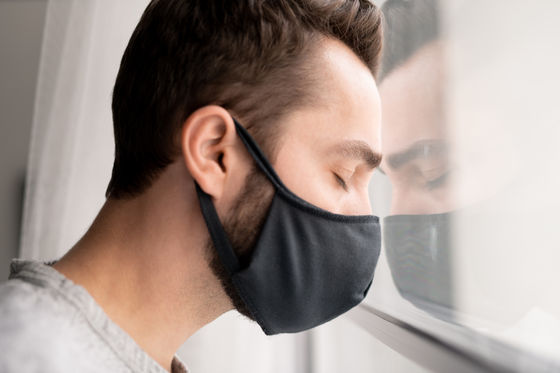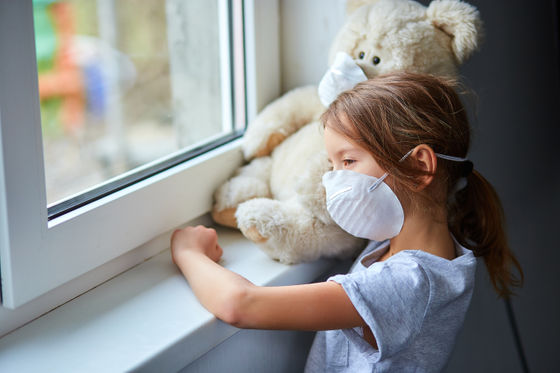Patients with novel coronavirus infection may have hallucinations and illusions, and may be associated with prolonged hospitalization and risk of death

Crossed more than 3000 cases of new coronavirus infection (COVID-19),
Psychiatric and neuropsychiatric presentations associated with severe coronavirus infections: a systematic review and meta-analysis with comparison to the COVID-19 pandemic-PIIS2215-0366 (20) 30203-0.pdf
(PDF file) https://www.thelancet.com/pdfs/journals/lanpsy/PIIS2215-0366(20)30203-0.pdf
Coronavirus infections may lead to delirium and potentially PTSD
https://medicalxpress.com/news/2020-05-coronavirus-infections-delirium-potentially-ptsd.html
Delirium, depression, anxiety, PTSD – the less discussed effects of COVID-19
https://theconversation.com/delirium-depression-anxiety-ptsd-the-less-discussed-effects-of-covid-19-138671
Delirium and PTSD symptoms may follow Covid-19 infection, study says-CNN
https://edition.cnn.com/2020/05/18/health/delirium-ptsd-coronavirus-wellness/index.html

A team of psychiatrists at University College London, Jonathan Rogers and colleagues, is investigating reports of previously reported cases of coronavirus infection to investigate the long-term effects of the new coronavirus on the mind.
As a result of this analysis, it was found that more than 28% of people hospitalized for SARS or MERS experienced symptoms such as poor concentration, confusion, and sudden changes in mood. In a follow-up study that averaged about 3 years, 15% of the ex-patients had depression after a few months of onset, and an additional 15% had anxiety symptoms.
'I was particularly impressed with the post-traumatic stress disorder (PTSD) incidence of over 30%. That's a big number. It does not mean that the factor is not included. ”He stressed that there were many patients with coronavirus infections who had PTSD.

According to Rogers and colleagues, these symptoms suggest that patients who have had coronavirus infections had delirium during their hospital stay. 'Our earlier reports of COVID-19 we received show similar trends to the SARS and MERS data,' Rogers said. He pointed out that delirium, which is similar to the disease, may occur.
The findings of this study, 'COVID-19 patients are more likely to suffer from delirium,' are not the only reason for concern because they suffer from unconsciousness. 'Patients with coronavirus infections who have symptoms of delirium are at least twice as likely to die during hospitalization. In addition, patients who develop delirium during hospitalization have about 1 percent more chances than others. I also know that I have been in the hospital for a long week, which means that it will be difficult to release the bed for new patients. '
The research team acknowledges that this study has many limitations. For example, COVID-19 case reports are only for critically ill patients treated in the hospital, so mild or asymptomatic patients cannot be considered. In addition, COVID-19 is still young since it was discovered at the end of 2019, so there is also a lack of high-quality research results on the long-term data that COVID-19 gives to the mind.

Edward Chesney, a psychiatrist at King's College London, co-author of the paper, said: `` By allowing patients in the hospital to communicate with their loved ones using video and other means May be relieved. ”
'Fortunately, it is predicted that most people with COVID-19 will not suffer from the sequelae of mental illness. We need support for returning to work, 'he said, recognizing the need for a medical system that can provide mental care to those who have recovered from COVID-19.
Related Posts:
in Science, Posted by log1l_ks







